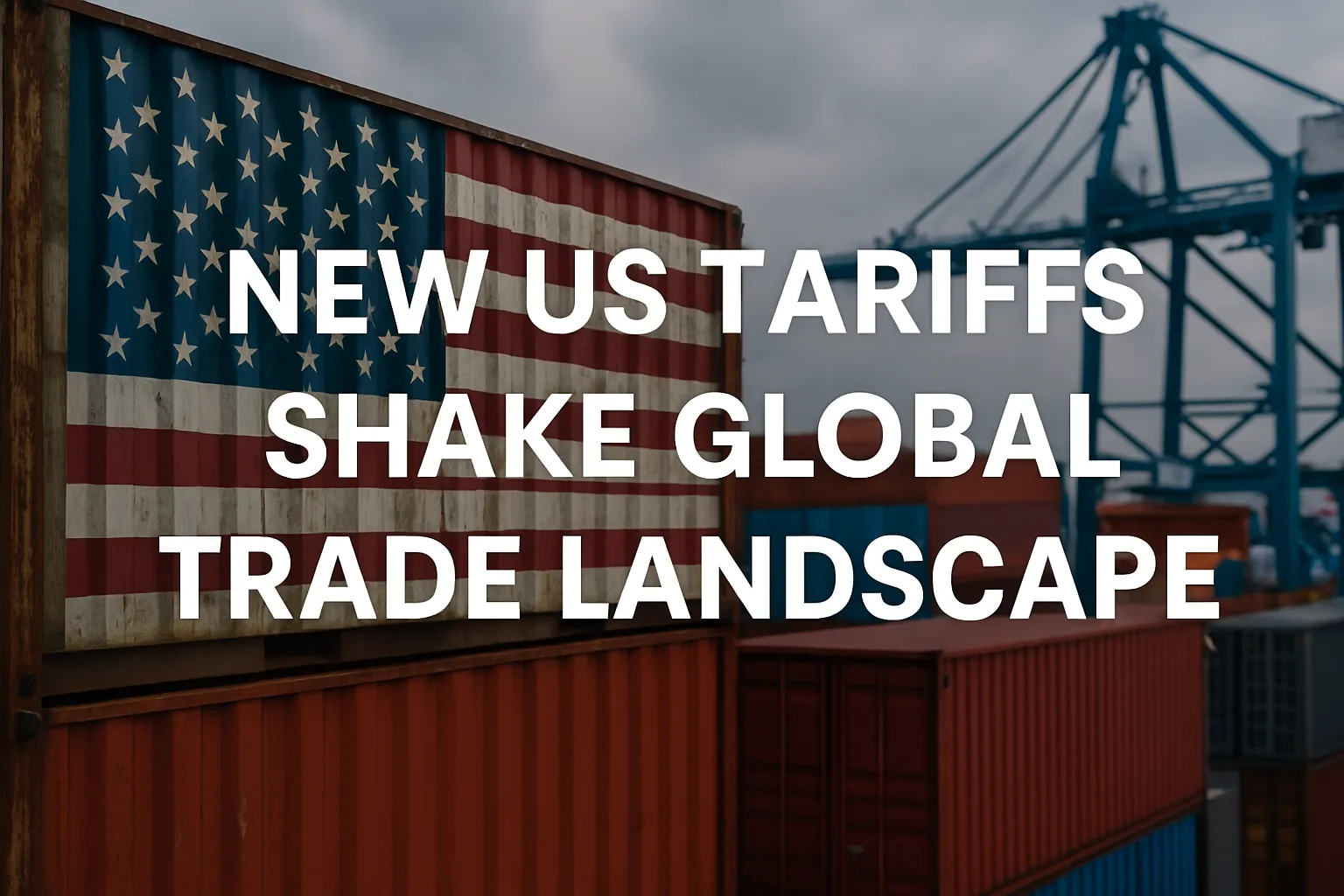New US Tariffs Shake Global Trade Landscape
Trump Administration Announces Sweeping Import Tariffs
In a bold move that rattled financial markets worldwide, the U.S. administration has introduced a new wave of tariffs on a range of imports from the European Union and Mexico. The new duties, effective immediately, target steel, agricultural goods, and select manufactured products. The White House claims these measures aim to “protect American industries from unfair competition.”
Global Markets React with Caution
Following the announcement, stock indexes across Europe and Asia experienced modest declines. The Dow Jones and NASDAQ opened lower, while trade partners began evaluating counter-tariff strategies. Economists warn the decision may fuel inflationary pressures and slow down post-pandemic recovery, especially in export-reliant economies.
European Union and Mexico Vow Retaliation
EU officials condemned the U.S. tariffs as "unilateral and aggressive," signaling readiness to respond with reciprocal duties on American tech and consumer products. Meanwhile, Mexico’s Ministry of Economy declared the move a violation of established trade agreements, promising “strategic economic measures” in return.
Wider Implications for Global Trade
Analysts suggest this tariff escalation could reshape international trade alignments, pushing countries to explore alternative alliances and supply chains. The decision also casts doubt on ongoing World Trade Organization (WTO) reform discussions, while raising questions about the future of NAFTA’s successor, the USMCA agreement.
Business Community Urges Reconsideration
American and international business leaders voiced strong opposition, warning that prolonged trade conflicts could increase consumer costs and disrupt multinational operations. The U.S. Chamber of Commerce released a statement urging the administration to “pursue diplomacy over tariffs,” citing the risk to over 1 million jobs tied to transatlantic trade.

